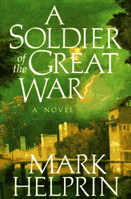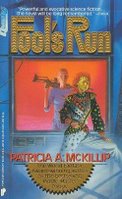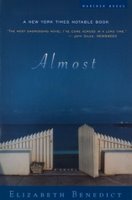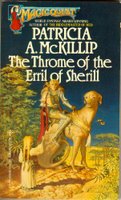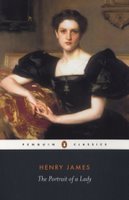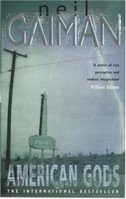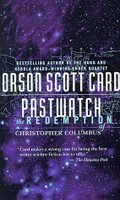This book fits the Crichton I know .. a thriller, a mystery, an adventure, a visit to some unknown place, and a bit of psychology thrown in, of course. A high-tech (extremely so) company is on the search for a certain type of diamond that would revolutionize the computer industry. A few other companies (& countries) are also on the search for these diamonds. They are somewhere in the Congo .. but to find them and to get out alive .. that's the challenge.
One interesting theme Crichton brings up is that of time. The book is written with a chapter for each of 13 days, minus the prologue and epilogue. The company that is seeking diamonds has only days to find them. A comment is made that in the past, people had months to find information and make decisions -- now they are made in a week, and in the near future huge business decisions will be made in a day. This need for speed drives two main characters to do dangerous things, which of course bring all sorts of new factors and challenges into the story. And the Congo is a place that seems outside of time .. with pieces of history that are actually reality in the present and things that should be gone which are alive.
Another idea I enjoyed is a gorilla who has learned sign language. She and her trainer go with the expedition to the congo (for various reasons), and are important to their survival (of course). Amy has the largest vocabulary for a gorilla on record. But she is still a primate. Very sensitive to emotions and able to read people much better than most humans. This means that she knows which people are trustworthy and when they are lying. But in all her interactions with humans (to learn sign language and as they studied her), she's also picked up interesting habits -- like smoking as a reward, going to the drive-in, and wearing lipstick. I firmly believe that humans are different than all other animals -- but that doesn't mean animals can't do amazing things and have real personalities. Or surprise us now and again.
| Title: | Congo |
|---|---|
| Author: | Michael Crichton |
| Date published: | 1980 |
| Genre: | fiction |
| Number of pages: | 313 |



